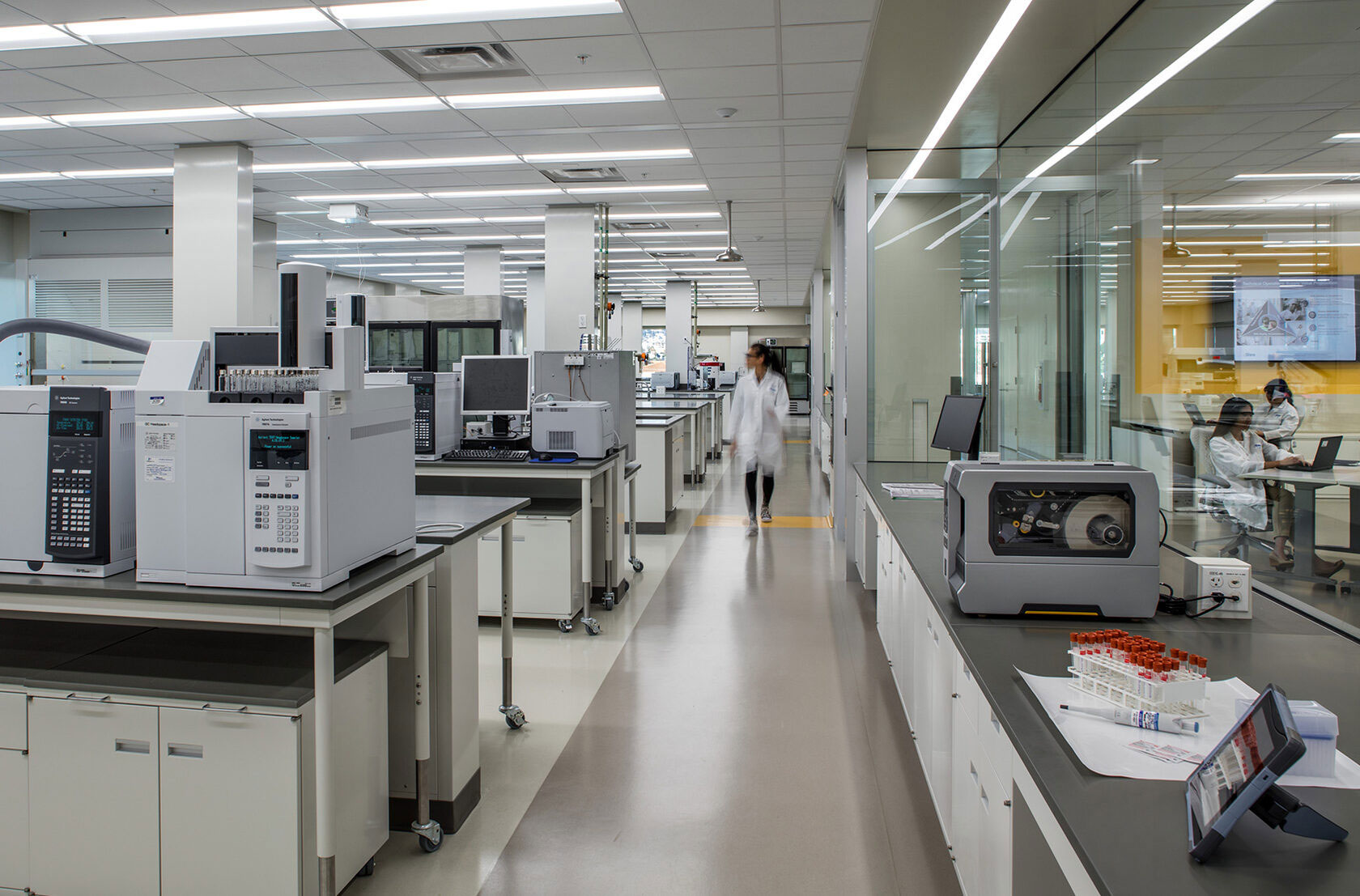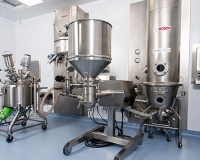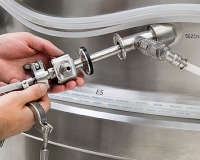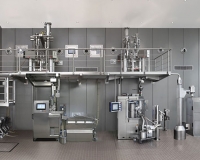
We also offer:
- Dental equipment and consumables.
- High-precision equipment for various operations and treatments.
- Life support systems.
Provides technologies, equipment, and engineering services for the production of solid dosage forms for internal use to clients in the life sciences sector. In collaboration with our customers we supply prototype equipment, stand-alone manufacturing equipment and complete integrated processing lines to develop new products and enhance their clinical performance.
Provide working solutions for the production of all kinds of complex solid dosage forms such as MUPS tablets, granules, dragées, pellets, powders, multilayer pellets and effervescent granules. Our equipment is also used for the production of crystals and modified release formulations, powders for capsule filling or direct tabletting, anticancer and anti-infectives, cytostatic agents, hormones and antibiotics. Our containment experts provide the most suitable solutions for our customers based on vast experience and considering the containment risks.
Equipment integration and a full range of technologies for your project
From transportation to granulation, drying, pressing, and coating. We use the latest experience in the production of solid dosage forms such as equipment for continuous high shear granulation, as well as drying and tableting systems. In the design of HSE's line of process equipment, we considered containment, building, and safety requirements for full integration to maximize the efficiency of the manufacturing process. The modular approach allows customers to select standard process modules according to their project's needs. We use a wide range of equipment to create integrated systems: fluid bed dryers, top-drive and bottom-drive high shear granulators/mixers, dry and wet milling machines, filtration units, and tablet presses.
CM manufacturing is the future of pharmaceutical production
For more than 20 years, the industry has been dominated by batch-based production of solid dosage forms. Solid form drugs were so popular that companies had little incentive to develop new manufacturing technologies or innovate. However, when an increase in demand for solid dosage forms became conventional, most manufacturers recognized that material costs during drug development are disproportionately large. They had to find a way to reduce the costs in order to increase the production volume and start developing technologies to guarantee commercial production for novel treatments. After examining the costs, risks, and timelines of process development and production, the pharmaceutical industry has discovered that continuous manufacturing is a more suitable solution for producing high volumes products with the reduced cost of materials used at the process development stage.
Small-scale, continuous processing equipment can obtain more data from less product during R&D and operate for longer lengths of time to match the demand of the market in the course of commercal production. Both regulators and manufacturers are increasingly supportive of continuous small-scale manufacturing systems and recognize that product quality assurance costs in pharmasuetics are high compared with other industries.
Companies using small-scale continuous manufacturing systems identified more than 60% API savings and reduced time-to-market by a year and more. It is clear from experience that in 10 years continuous manufacturing lines will take over tablets production.






